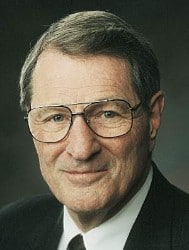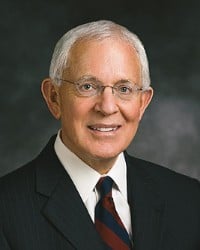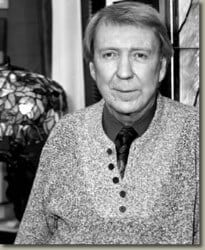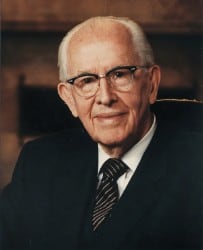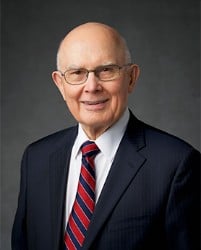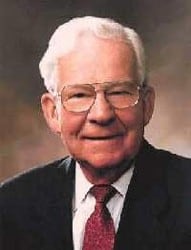“One of the most common of all sins among worldly people is relying on and then boasting in the arm of flesh. This is a most serious evil. It is a sin born of pride, a sin that creates a frame of mind which keeps men from turning to the Lord and accepting his saving grace. When a man knowingly or unknowingly engages in self-exultation because of his riches, his political power, his worldly learning, his physical prowess, his business ability, or even his works of righteousness, he is not in tune with the Spirit of the Lord. We would all do well to take a lesson from the Savior, who repeatedly acknowledged and gave credit to the Father in all things. Indeed, that precedent was set in the premortal council when Jesus Christ pledged the fruits of all he might himself accomplish to go to the Father: “And the glory be thine forever.” (Moses 4:2)
Marvin J. Ashton
| “Neither Boast of Faith Nor of Mighty Works,” Ensign, May 1990, p. 65
Topics: Grace, Money, Politics, Pride, War in Heaven
